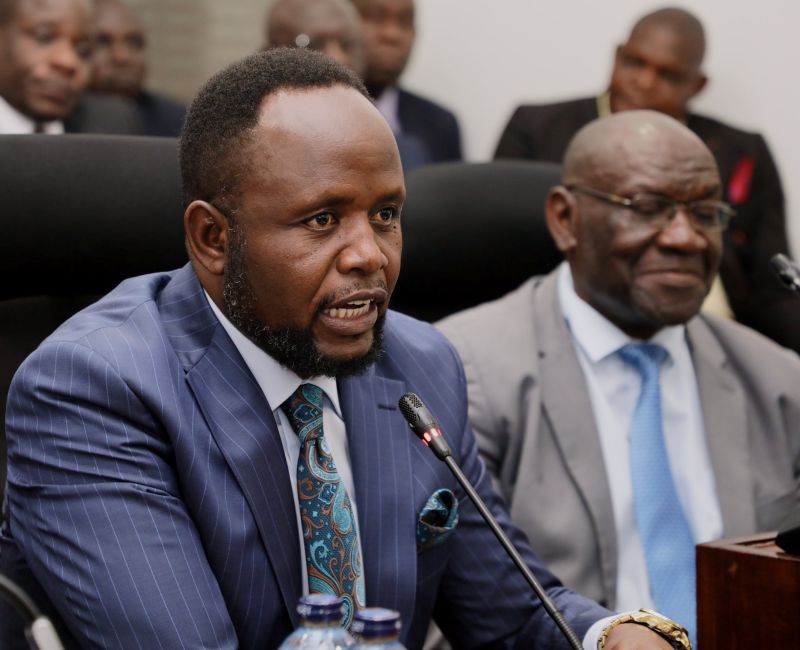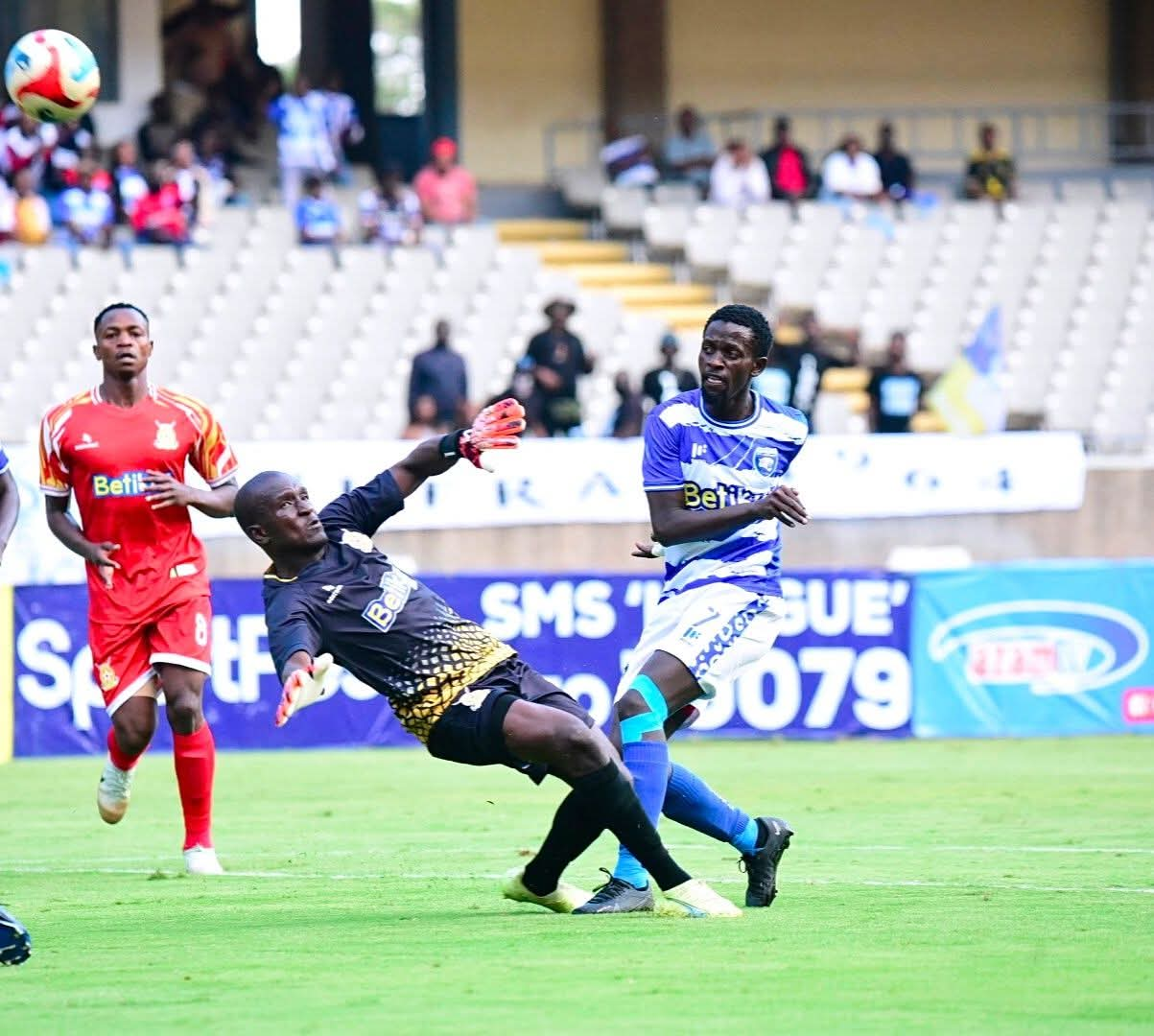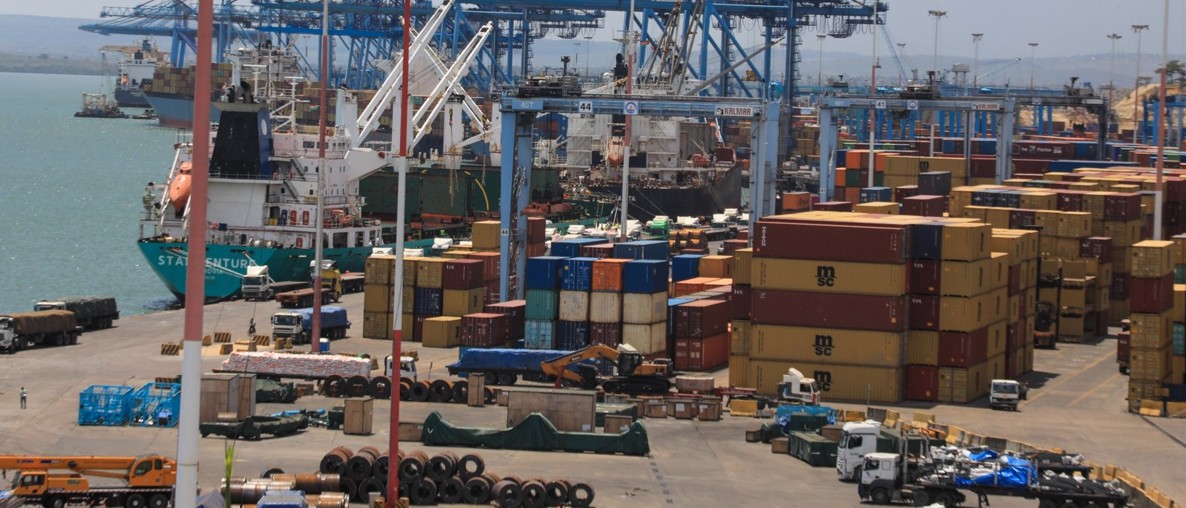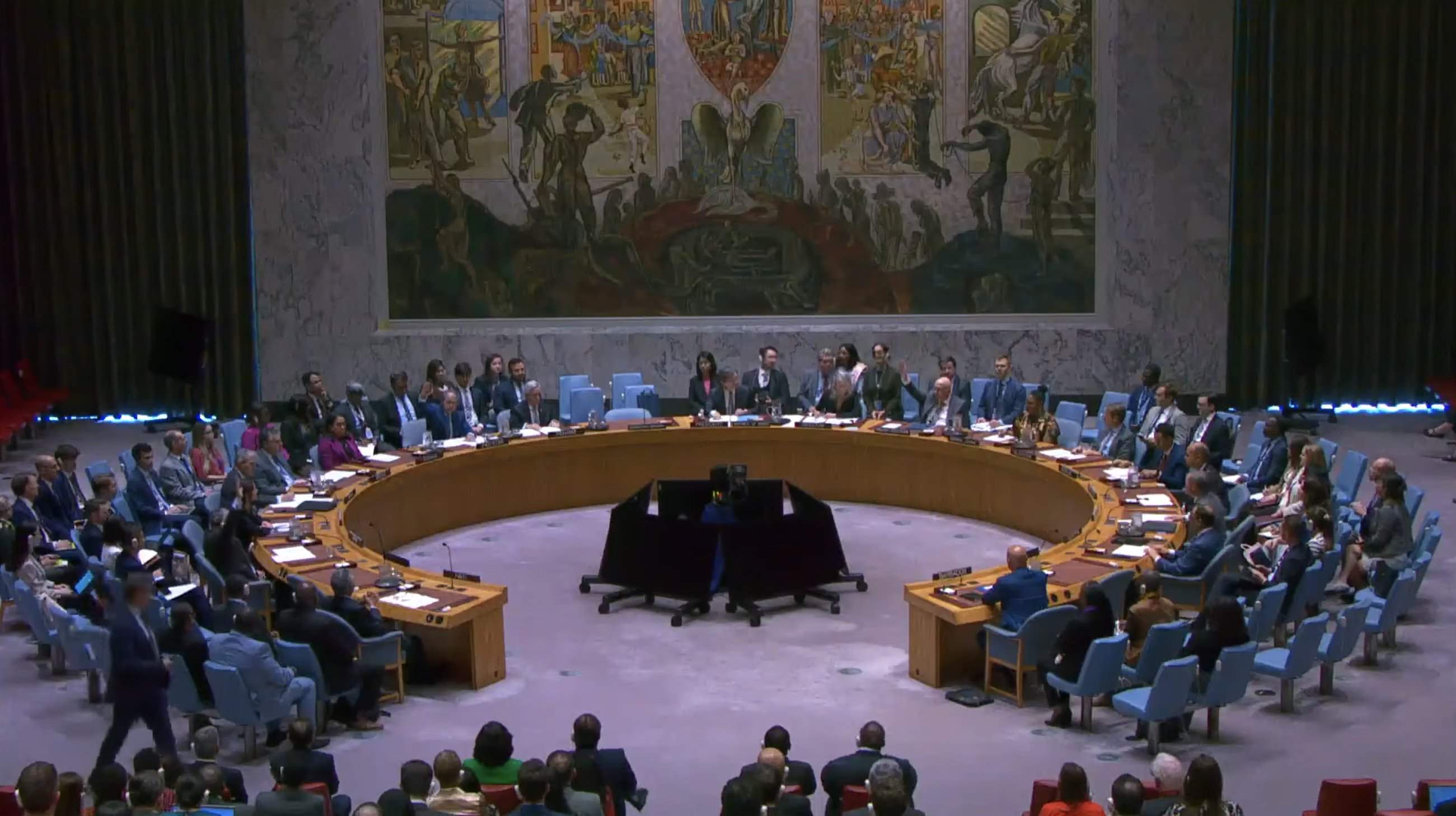Police brutality: Protest victims’ tales of pain, uncertain future
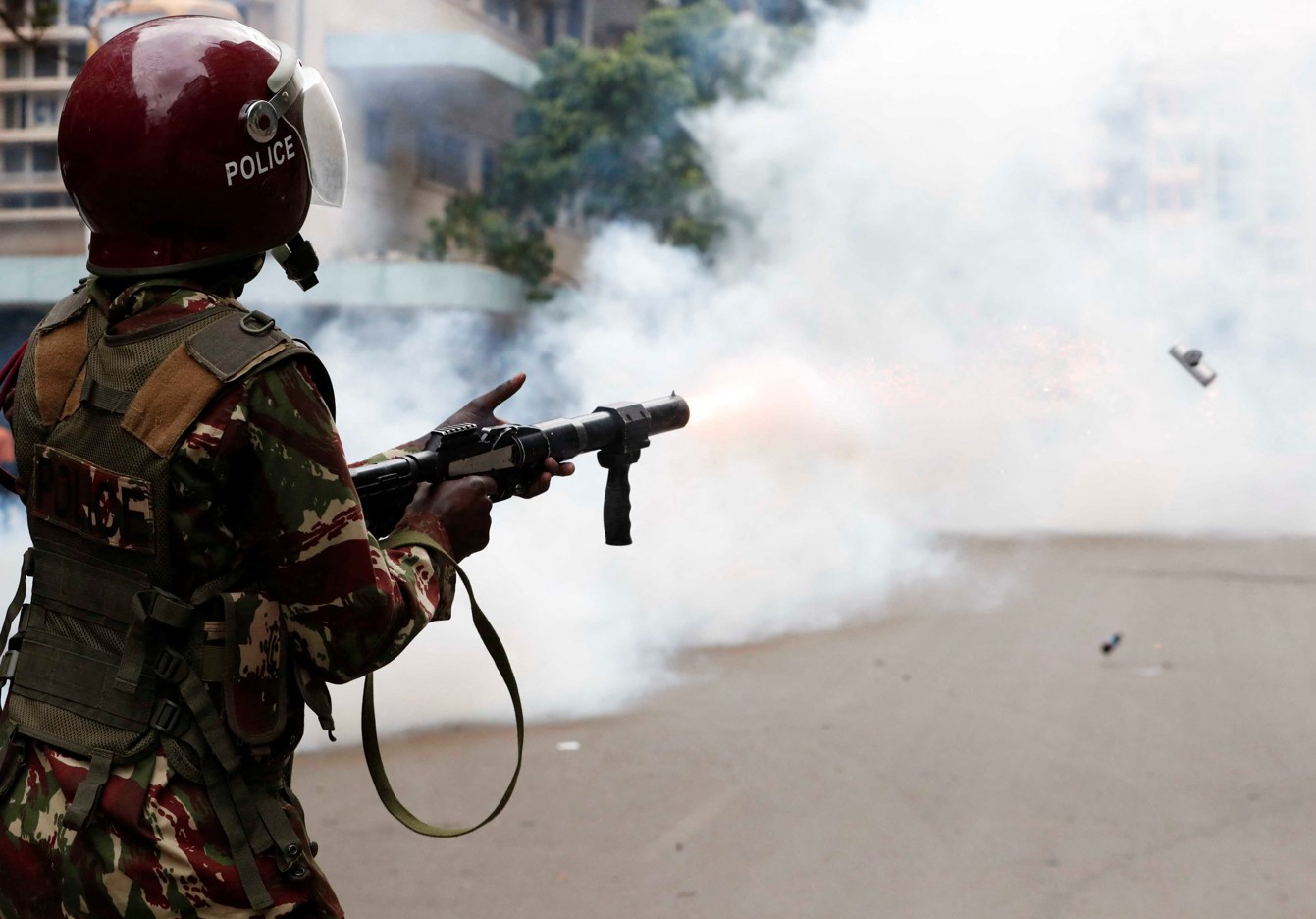
Victims of the reckless shootings and their families are now facing hard times as their lives have permanently changed
In the wake of the recent violent crackdown on peaceful protesters, several lives have been forever altered. Some victims, now living with amputations, face an uncertain future. Their stories reveal not only the physical and emotional toll but also the ongoing quest for justice as those responsible for their suffering remain unpunished.
Denis Chira’s life was upended when he was shot during a demonstration. The bullet inflicted severe damage to his leg, leading to amputation.
More To Read
- 97 extrajudicial killings, 72 torture cases documented in Kenya in 2025 - rights groups
- KNCHR flags grave abuses across Kenya in annual review, records 57 deaths
- Kanja admits police could have done better in handling Gen Z protests, advocates for training
- Gen Z protests in Kenya: Key facts (2024-2025)
- Amnesty report shows at least 128 killed, 3,000 arrested in 2024–2025 Gen Z protests
- Court rules Dutch national Elwin Ter Horst unfit to stand trial
“It wasn’t that easy. Coming to terms with the reality of losing a part of yourself requires immense courage. I had to accept it, despite the objections from my family. They struggled with the idea, but I was in excruciating pain and knew there was no other option,” Chira says.
The transition has been full of challenges.
“The pain was immense, both physically and emotionally. I used to operate heavy machinery, and now my entire career is in jeopardy. The loss of friends and the societal stigma have added to the burden,” he says.
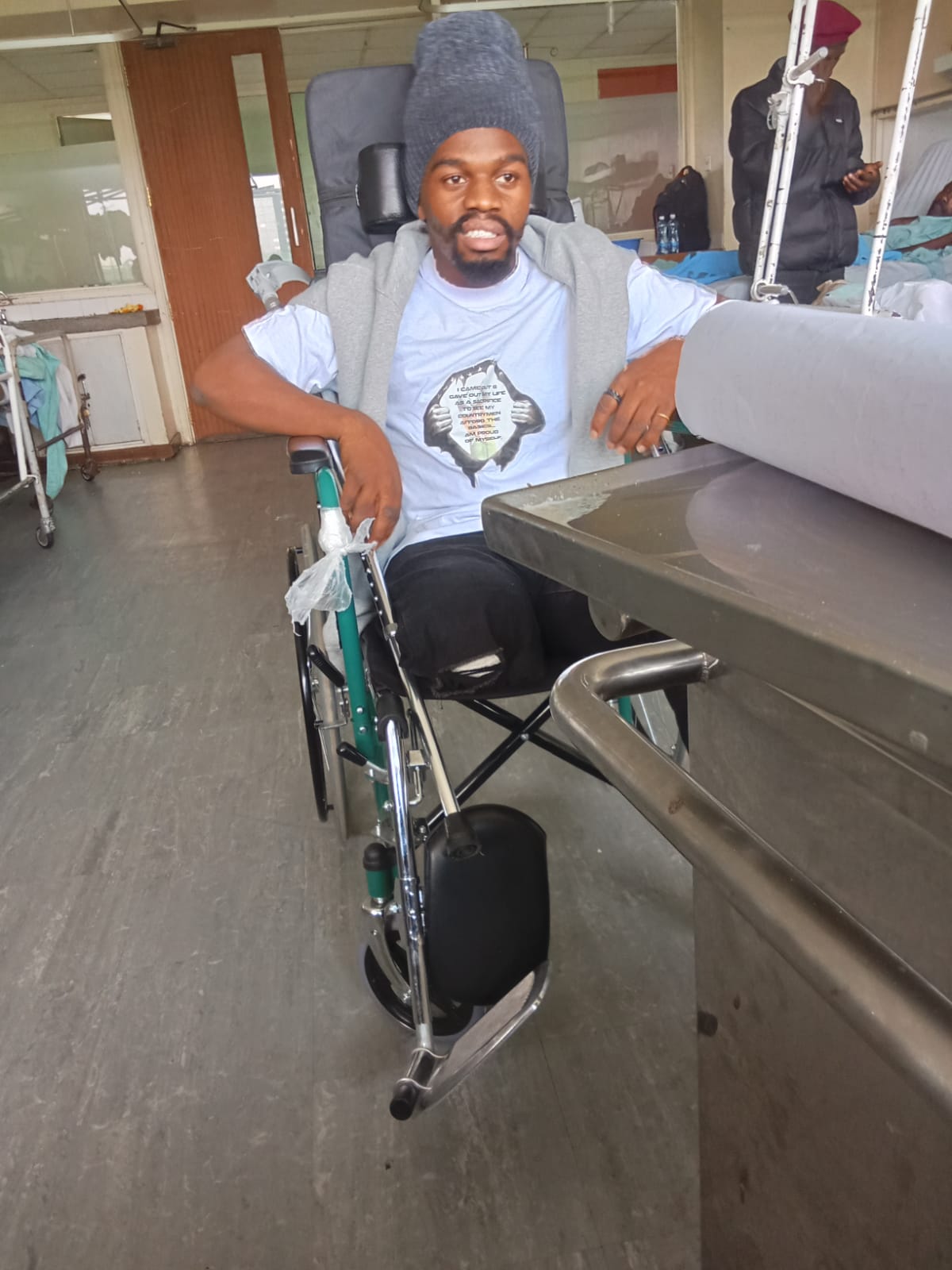 Denis Wachira. Photo: Hanifa Adan
Denis Wachira. Photo: Hanifa Adan
Chira has had to make quick adjustments, from learning to cope with his physical limitations to dealing with the new social dynamics.
“Despite all this, I’ve accepted myself as I am. I am ready for the changes that lie ahead and hope to rebuild my life with strength and dignity,” he says.
Another victim is Benson Gachuru, whose experience with amputation has been marked by physical pain and psychological adjustments.
“The bullet shattered my leg, and the injury was so severe that amputation was the only way out. Every day is a challenge. I sometimes forget that my leg no longer functions properly, leading to falls and injuries. I’ve fallen about seven times, each time a painful reminder of my new reality,” says Gachuru.
His daily life has changed, and simple tasks that used to be effortless are now incredibly difficult.
“The pain in my knees is constant, and I am unable to do many things on my own. It’s a constant struggle to adapt,” he says.
Despite these challenges, Gachuru remains hopeful.
“I am learning to navigate this new world, slowly finding ways to manage my daily activities. It’s a long road, but I am determined to find a way to live a fulfilling life despite these obstacles,” he says.
Christine Oluoch, the mother of Wilberforce Wanya, has endured a painful journey since her son was injured in the Gen Z protests.
“The moment Wilberforce was admitted to the ICU, my world changed. The trauma of seeing him in such a condition, combined with the financial strain and emotional turmoil, has been overwhelming. As a family, we were in denial at first, struggling to accept the reality of his injuries,” Oluoch says.
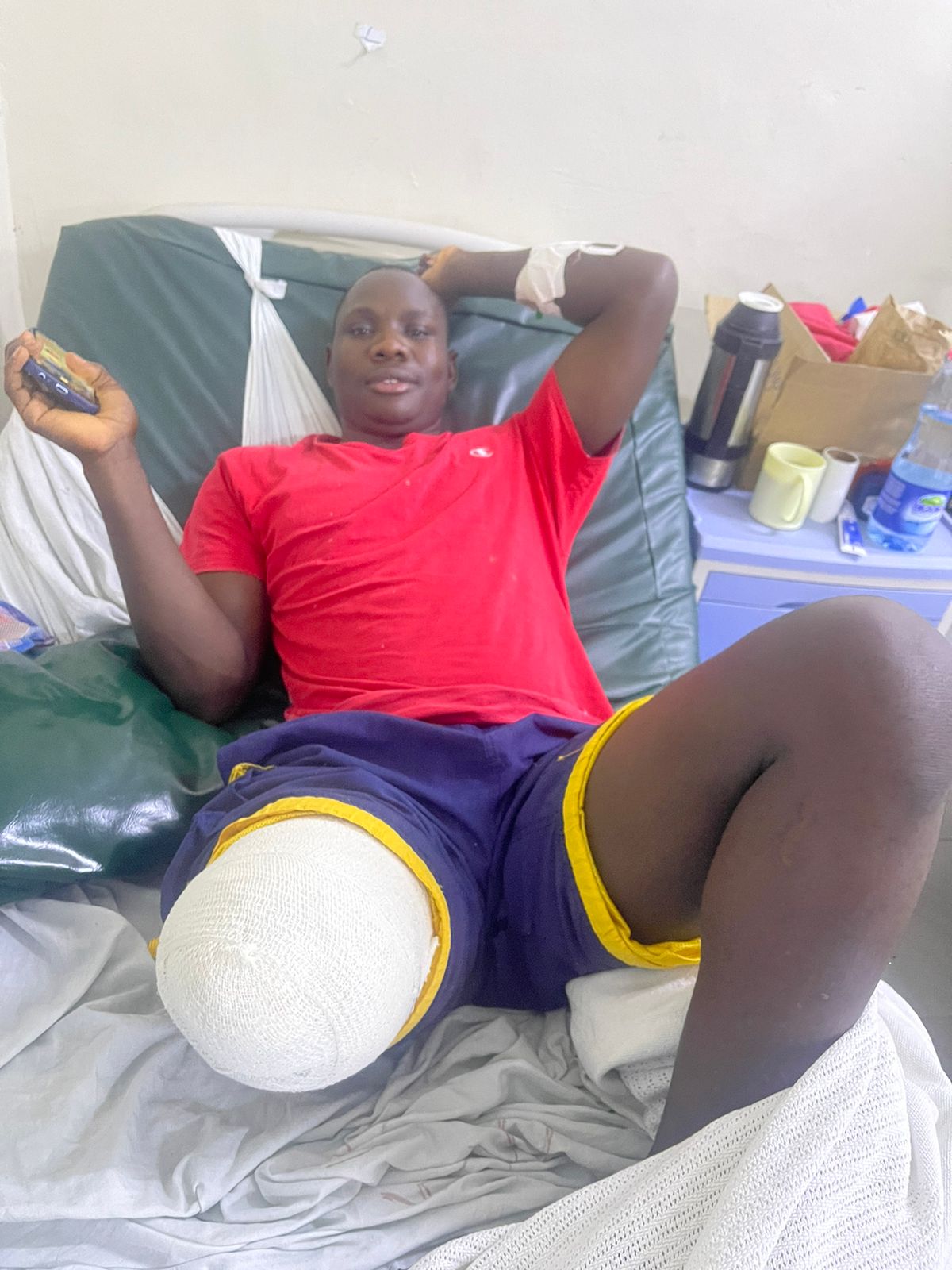 Wilberforce Barasa . Photo: Hanifa Adan
Wilberforce Barasa . Photo: Hanifa Adan
Her family has sought professional help to cope with their new reality.
“With the help of psychologists, we have begun to come to terms with what happened. It’s been a long process, but we are healing slowly. We are taking it one step at a time, trying to find some semblance of normalcy,” she says.
Yet her hope extends beyond her son’s recovery, and her plea for justice is also a call for broader societal change.
“We cannot move forward without justice. Those who inflicted this suffering must be held accountable, not only to honour the memory of those who have been lost but to ensure that such atrocities do not go unpunished,” she says.
Another victim, David Kamau Wanjohi, faced a life-altering setback when he lost his leg on June 25.
“I was a repairer with dreams of opening my workshop and expanding my business. The amputation has put those plans on hold indefinitely. I have a young child and an expectant wife, and the burden of this injury has been heavy on my family,” Wanjohi says.
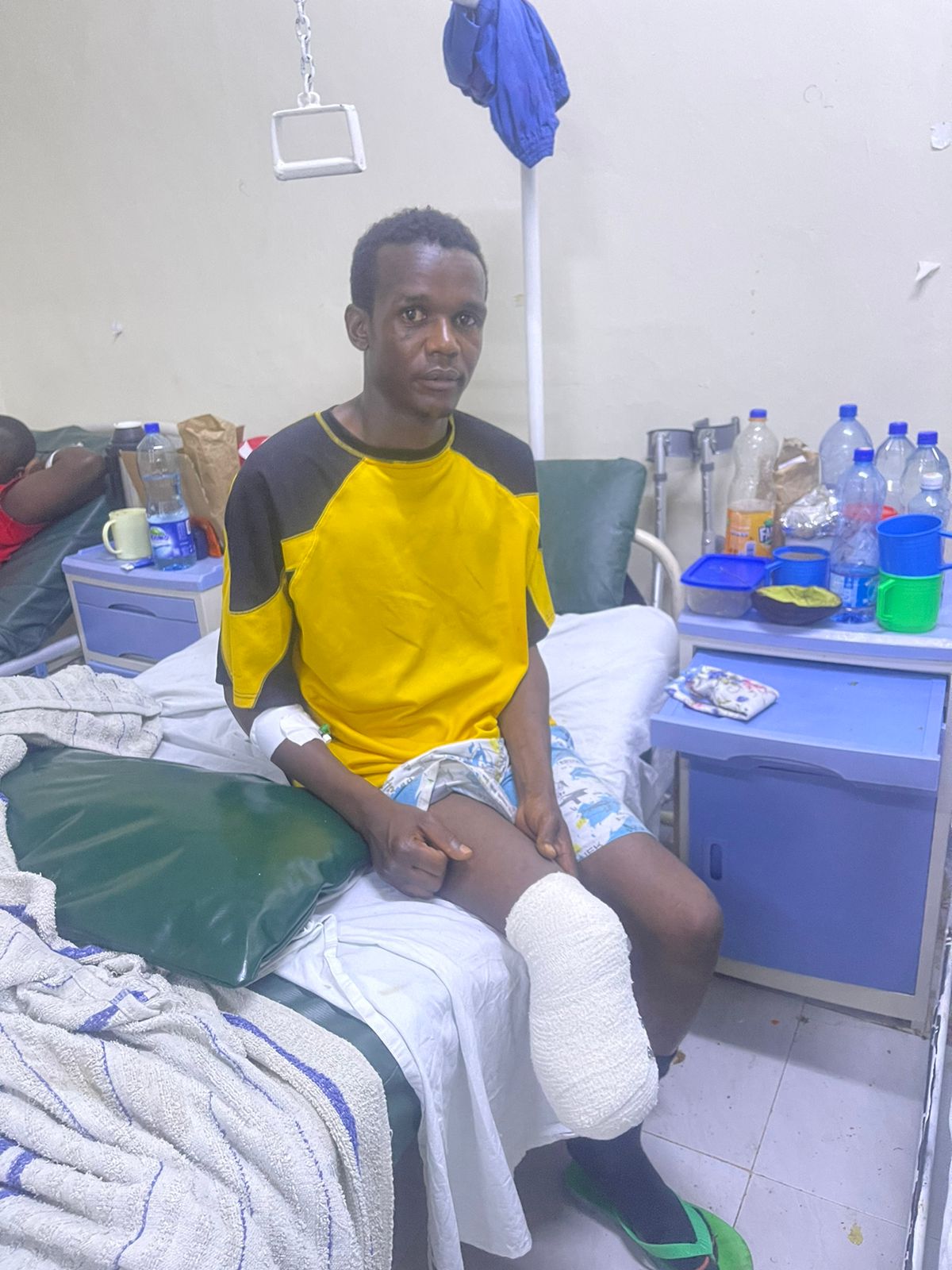 David Kamau. Photo: Hanifa Adan
David Kamau. Photo: Hanifa Adan
Despite the setbacks, he draws strength from his family.
“The care and love from my family have been my greatest source of hope. Their support has given me the strength to keep going, even when the future seems uncertain,” he says.
Wanjohi is determined to adapt and find new opportunities.
“I am focusing on finding a way to rebuild my life and provide for my family. Though it seems daunting, I am committed to overcoming these challenges,” he says.
Daniel Ndirangu’s ordeal began with being shot twice, leading to severe injuries and eventual amputation.
“When I was first shot, I was in shock. I had hoped that they would remove the bullets and that I would return to my normal life. Instead, the leg began to rot, and I was faced with the reality of amputation,” says Ndirangu.
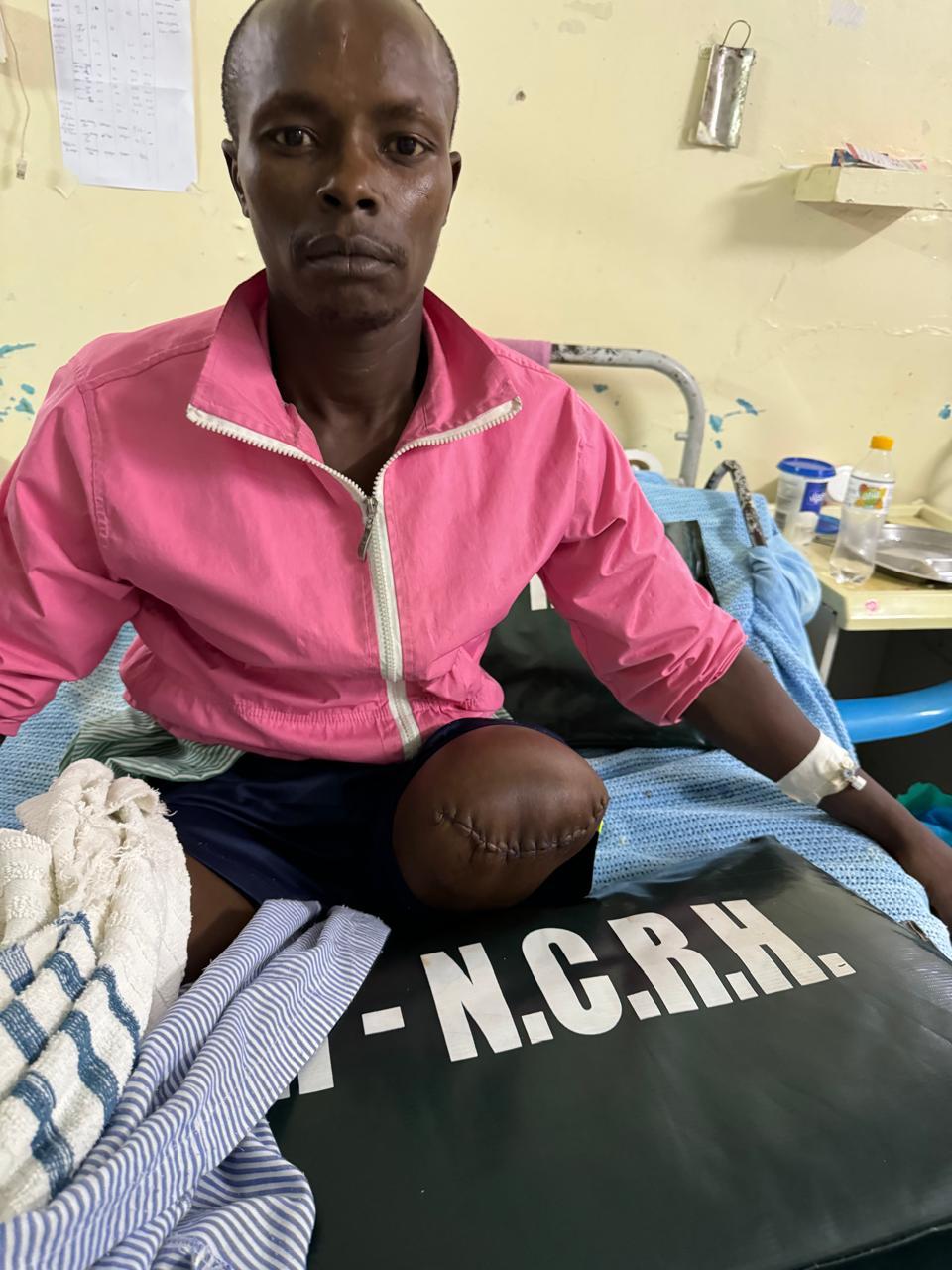 Daniel Ndirangu. Photo: Hanifa Adan
Daniel Ndirangu. Photo: Hanifa Adan
The emotional toll on him has been significant.
“I felt as though my world had come to an end. The idea of undergoing surgery, coupled with the need for blood transfusions and the uncertainty of my future, was almost unbearable. I wondered whether it would have been better to have died rather than face such a drastic change in my life,” he says.
His struggle with denial and acceptance has been ongoing, always crying through the nights.
“Now, I must come to terms with my new reality and move forward, even though the process is fraught with uncertainty,” he says.
For these victims of police brutality, the continued lack of accountability for those who inflicted their suffering only adds to their struggle. Yet, in their collective experiences, there is a call for recognition, justice, and a more compassionate world.
As they navigate their new realities, their courage and resilience shine through, offering a powerful testament to the human spirit’s capacity to endure and adapt.
Top Stories Today

